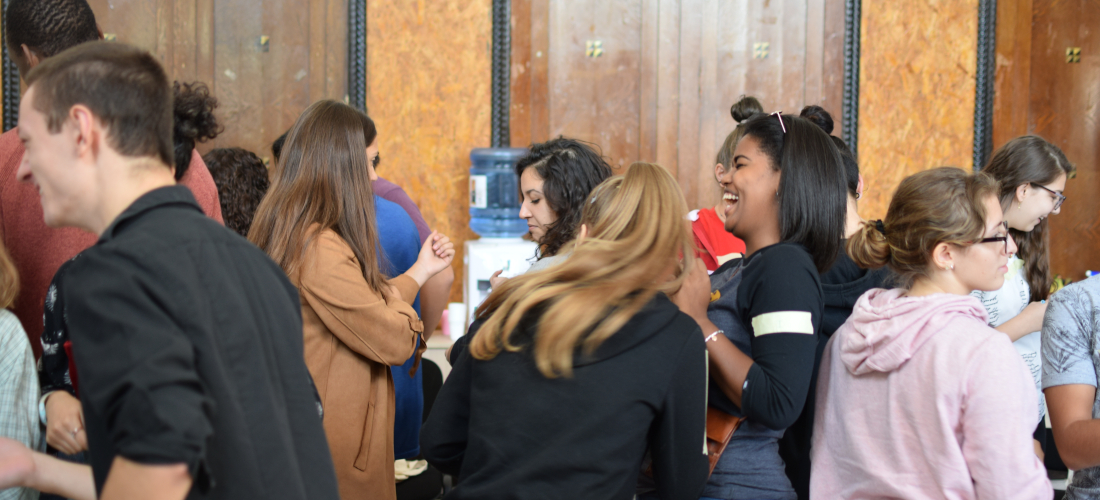Research on barriers standing in the way of young refugees’ social inclusion in Italy, Belgium and Romania
The theory of change that this training programme proposes is that by taking part in this educational programme:
- The refugees/asylum seekers will gain sufficient understanding of European cultural norms and self-advocacy skills that will allow them to: integrate in the European cultural space, be aware of what to expect when settling in a EU country and also of what is expected from them, deal with the cultural shock in a satisfactory way, avoid and deal with “cultural friction”.
- Youngsters from E.U. countries will adopt an open attitude towards diversity and will develop their inter-cultural and civic competencies (especially in terms of understanding the values and cultures of refugees) to such level that they will not show aversion or exclusive behaviour towards refugees.
Prior to the programme development, we decided to conduct a thorough needs analysis, which aims at identifying:
- The main stereotypes, fears and cultural “friction zones” that have the potential to become sources of conflict or aversion between young E.U. citizens and refugees
- The needs of young refugees in terms of inclusion and the obstacles they are facing
- The perception of young people from the EU about migration and about asylum seekers
- Other initiatives with similar goals, their impact and good practices that were identified
- Challenges faced in social inclusion of young refugees in schools, in work or in the social life Data was collected mainly from 3 E.U. (Romania, Italy and Belgium) countries with inputs from another 12 E.U. and neighbouring countries using the EPTO network and other networks.
The results of this research are publicly available for sharing and adapting, under a Creative Commons Attribution-NonCommercial-ShareAlike 4.0 International license (CC BYNC-SA 4.0). Full info is available at: https://creativecommons.org/licenses/by-ncsa/4.0/deed.en .
Download links:










 The content on this website is licensed under a
The content on this website is licensed under a